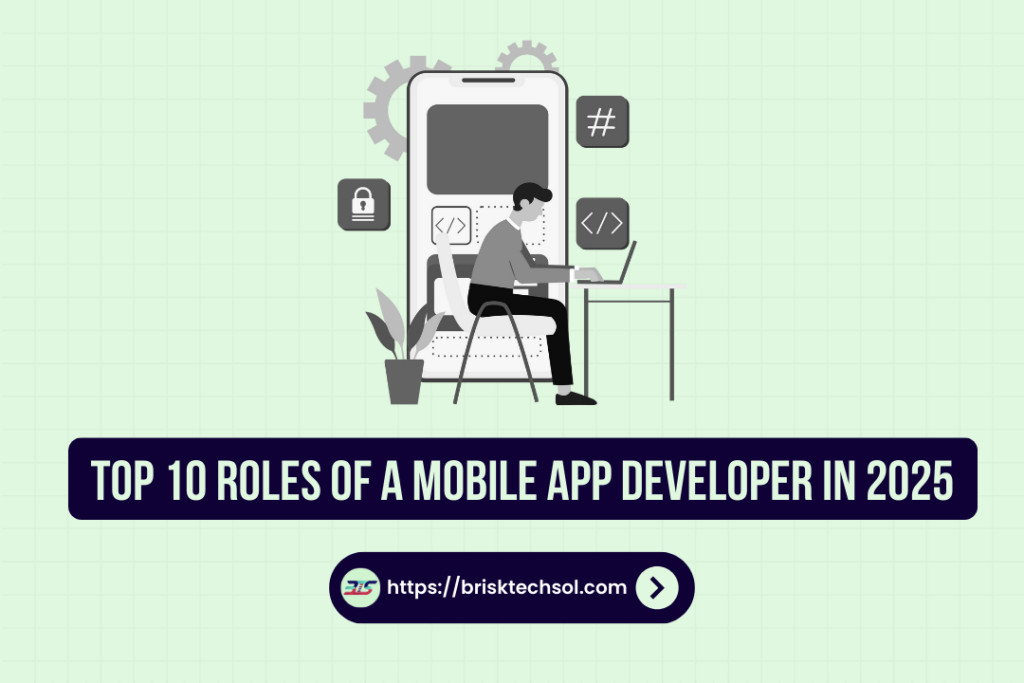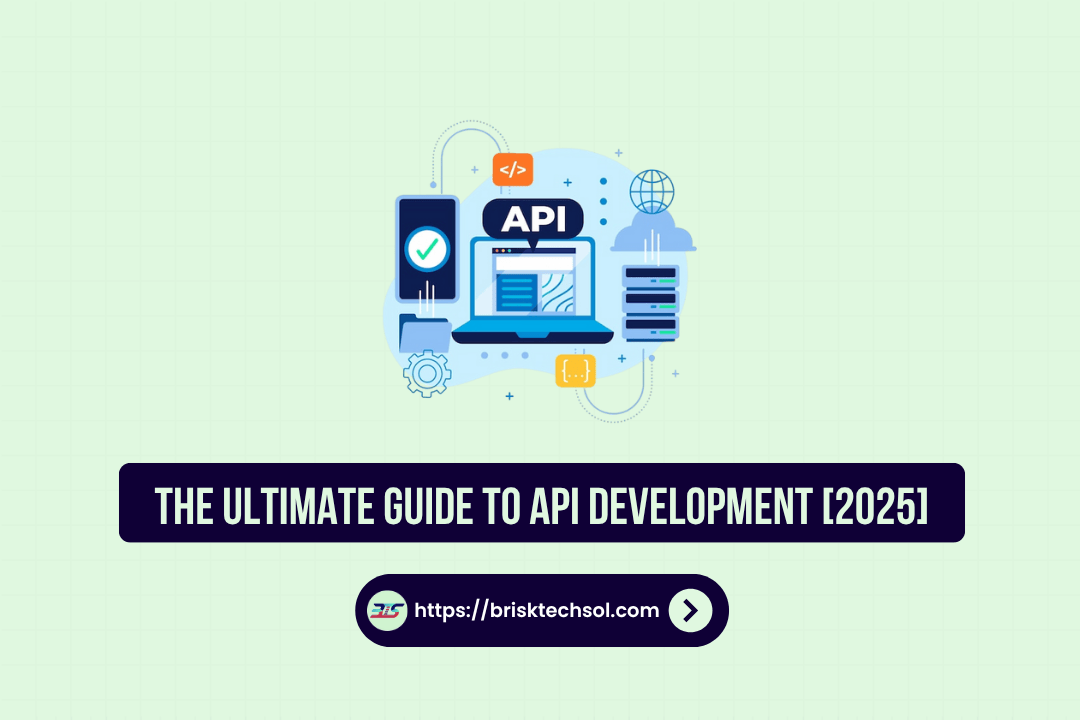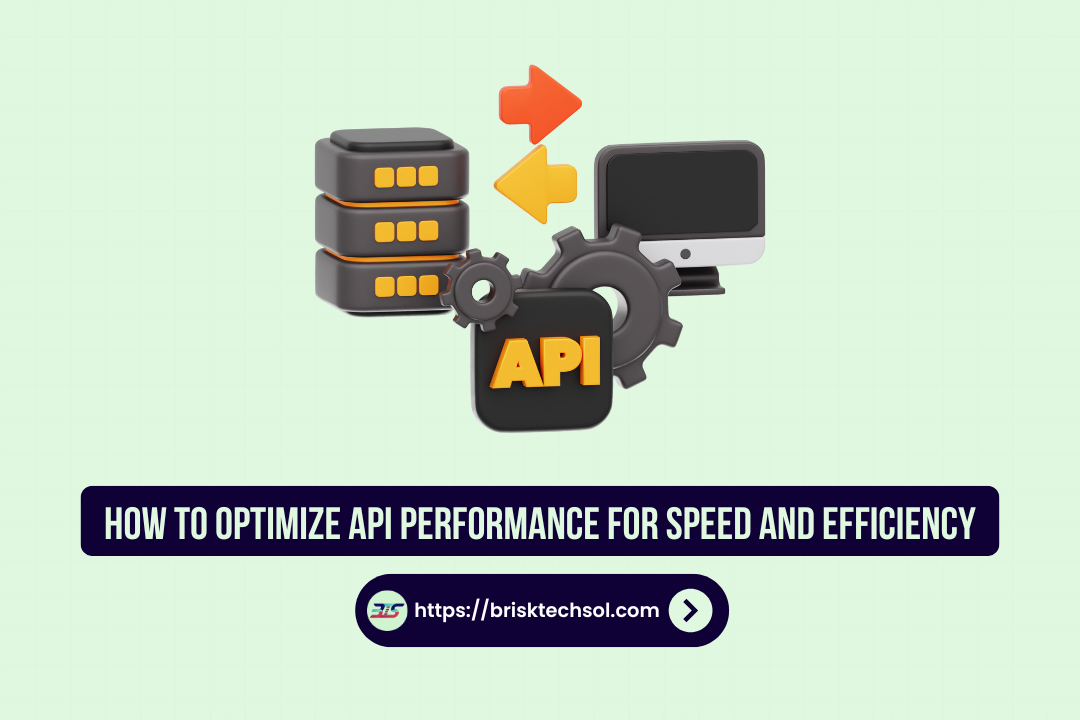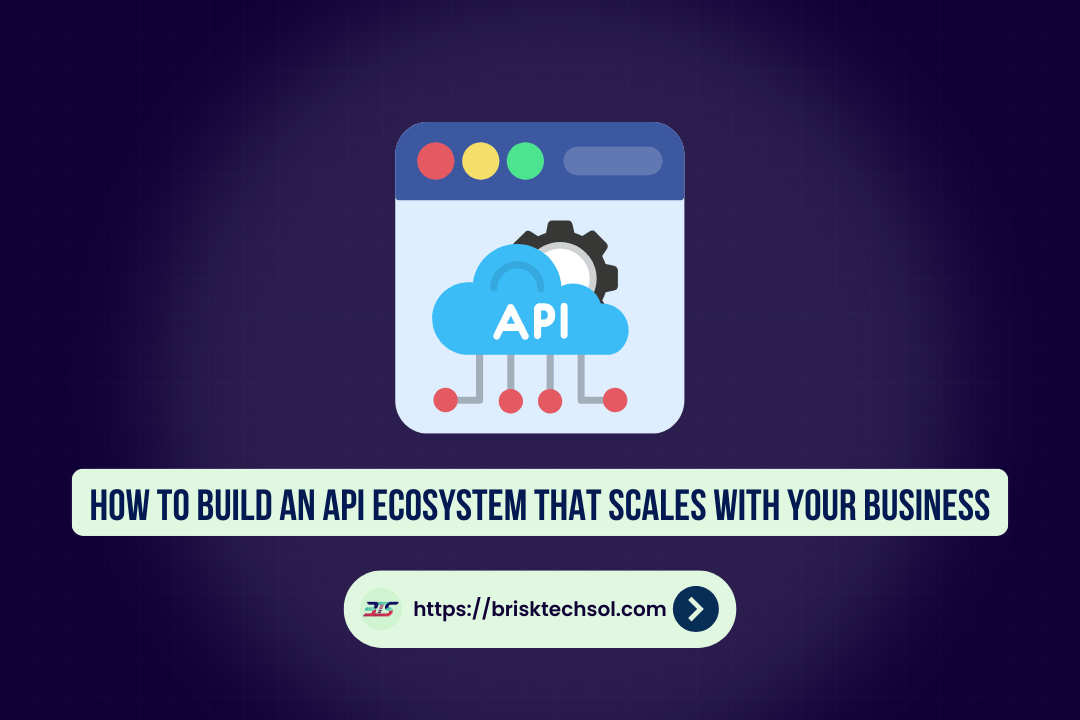Mobile app developers play a crucial role in creating the apps that power today’s mobile world. From coding and testing to deployment and updates, they ensure functionality, performance, and user experience. As the demand for mobile applications grows, so do the opportunities in the industry. This article explores the responsibilities, career prospects, challenges, and future trends in mobile app development.
According to Statista, the mobile app market is projected to reach 407.31 billion U.S. dollars by 2026, growing at a 17.6% compound annual growth rate (CAGR) from 2023. This immense growth reflects the integral role that mobile apps play in our digital ecosystem.
The Role of a Mobile App Developer
Definition and Scope of Mobile App Development
A mobile app developer is responsible for the creation and maintenance of mobile applications. These developers write the code, test for bugs, and ensure that the app functions properly across different devices and platforms. Mobile apps serve as the digital interface between users and businesses, meaning the developer’s work is at the heart of delivering user experiences.
Mobile development can be categorized into native and cross-platform development. Native development is when developers write specific code for either Android or iOS, providing better performance and utilizing device-specific features. For instance, Swift is used for iOS, while Java and Kotlin are employed for Android apps. On the other hand, cross-platform development enables developers to write one codebase that can be used across both platforms, often using tools like Flutter or React Native.
In addition to coding, a developer’s responsibilities also include understanding the app’s requirements, collaborating with designers to create a smooth user interface (UI) and experience (UX), and conducting thorough testing. These developers need to ensure the app’s scalability, maintain security features, and handle regular updates. Keeping up with new features and ensuring compliance with platform-specific guidelines are critical aspects of mobile app development.
As the market for mobile applications grows, so does the need for developers who possess specialized skills in various development methodologies and technologies.
Key Responsibilities and Daily Tasks
The daily tasks of a mobile app developer vary depending on the stage of the project but typically include several core responsibilities. At the beginning of a project, developers work closely with project managers and designers to understand the app’s concept and user requirements. This stage involves deciding on the architecture, design, and technology stack to be used for the app.
Once the plan is in place, developers write the actual code that powers the app’s functionality. This process requires knowledge of programming languages like Swift, Java, and Kotlin. Developers often break down complex tasks into smaller, more manageable features, ensuring each part of the app works seamlessly.
Testing is another crucial aspect of a developer’s day-to-day routine. Developers conduct both manual and automated tests to ensure the app functions correctly across different devices. Bugs and glitches are identified and resolved through debugging processes, which can involve testing specific functionalities or the entire app.
In addition to development and testing, mobile app developers are also responsible for maintaining the app post-launch. This may involve releasing regular updates, fixing bugs, and adding new features based on user feedback. Maintenance ensures that the app remains competitive and functional as technology evolves.
Core Competencies and Skills
Technical Skills
Mobile app development requires proficiency in various programming languages and development tools. Developers need to be well-versed in languages specific to mobile operating systems. For instance, Swift is the primary language for iOS development, while Kotlin has become the favored language for Android development. Both languages are designed to ensure high performance and smooth user experiences on their respective platforms.
For cross-platform development, developers often use Flutter or React Native. These frameworks allow developers to create apps that function on both iOS and Android using a single codebase, offering efficiency and cost-effectiveness. However, mastering these frameworks requires an understanding of how they bridge the gap between the two platforms while maintaining functionality and performance.
Additionally, developers must be comfortable working with development environments like Xcode (for iOS) and Android Studio (for Android). These tools enable developers to code, debug, and test apps. A developer’s ability to leverage SDKs, libraries, and third-party APIs is also crucial for adding features like payments, notifications, or location tracking.
Understanding how to integrate back-end systems is another important skill. Developers must know how mobile apps connect with servers, databases, and cloud services to fetch data, handle user authentication, and store information securely.
Soft Skills and Communication
In addition to technical expertise, mobile app developers must possess strong soft skills, including problem-solving, communication, and collaboration abilities. Developing mobile apps is a highly collaborative process that often involves working with product managers, designers, and other developers.
Effective communication is crucial when discussing requirements, challenges, and feedback with team members and clients. Developers need to clearly articulate technical concepts to non-technical stakeholders and collaborate to ensure the app aligns with business goals and user needs.
Problem-solving skills are also essential, as developers regularly face issues that require quick thinking and creative solutions. Whether it’s debugging an error or finding the best approach to implement a feature, mobile app developers need to think on their feet and adapt to changing circumstances.
The Mobile App Development Process
Requirement Analysis and Planning
The mobile app development process begins with requirement analysis and planning, which lays the foundation for the entire project. This phase involves working with the client or stakeholders to understand the purpose of the app, its target audience, and its core features. The clearer the requirements at this stage, the smoother the development process will be.
During this phase, developers and project managers define the scope of the project, establish timelines, and set milestones. They also decide on the technologies and tools to be used, ensuring they meet the app’s needs and are compatible with the intended platforms.
Effective requirement gathering often involves creating wireframes and prototypes that visually represent how the app will function. These initial designs help stakeholders and developers visualize the product before full development begins. This stage also addresses potential challenges, such as compatibility issues or complex integrations.
Planning includes resource allocation, ensuring that the right developers, designers, and testers are available at each stage. By clearly outlining the project’s goals and expectations, this phase sets a strong foundation for a successful development process.
Design and Development
Once planning is complete, the design and development phase begins. The design phase involves creating wireframes, mockups, and prototypes that demonstrate the app’s user interface (UI) and user experience (UX). Developers collaborate with UX/UI designers to ensure the app is visually appealing and user-friendly.
After the design is finalized, the development phase starts. Developers use the agreed-upon technology stack and begin coding the app’s functionality. Depending on whether the app is native or cross-platform, they will use the relevant programming languages and tools. During this stage, developers implement features such as push notifications, location services, and user authentication.
Agile methodologies are commonly used in this phase, allowing for iterative development and regular feedback. This ensures that the app evolves with input from clients and users, reducing the risk of major changes later in the process.
Testing is also an integral part of this phase. Developers test the app to ensure it meets quality standards, functions properly, and is free from bugs. These tests often include unit tests, integration tests, and UI/UX tests to ensure a smooth user experience.
Testing and Quality Assurance
Testing is a critical part of the mobile app development process. Developers conduct extensive tests to ensure the app functions correctly across different devices and platforms. These tests help identify bugs, performance issues, and compatibility problems early on, reducing the risk of failures after the app is launched.
During the testing phase, developers work closely with quality assurance (QA) testers to ensure that all aspects of the app, from functionality to UI design, meet the highest standards. Testing can include both manual testing, where QA testers interact with the app to identify issues, and automated testing, which uses scripts to test specific features of the app.
Beta testing is often conducted before the app’s public release. This stage involves releasing the app to a limited number of users to gather real-world feedback. Beta testers provide insights into potential issues or improvements, allowing developers to make final tweaks before the app goes live.
By thoroughly testing the app and ensuring it meets user expectations, developers can launch an app that is both stable and highly functional.
Maintenance and Updates
Once an app is launched, the work is far from over. Regular maintenance and updates are essential for keeping the app functional, secure, and relevant. Mobile app developers continue to provide updates, bug fixes, and performance enhancements to ensure the app stays in line with evolving user expectations and technological advancements.
As operating systems update and new devices are released, developers must ensure that the app remains compatible. Additionally, user feedback often leads to the addition of new features or improvements to the app’s user interface (UI) and experience (UX). Mobile apps that are regularly updated tend to have higher retention rates, as users appreciate the ongoing improvements.
Developers are also responsible for addressing security issues by ensuring that the app is protected from data breaches and malware. As cybersecurity threats evolve, developers must stay informed about best practices to keep apps safe from potential risks.
Mobile App Development Challenges
Mobile app development is filled with challenges that developers must address to create a successful product. One of the most common challenges is device fragmentation. With a vast range of devices, screen sizes, and operating systems, ensuring that an app works flawlessly on every device can be difficult. Android alone has numerous device manufacturers, each with its own screen size, hardware specifications, and operating system variations. Developers must test their apps on multiple devices to ensure that performance remains consistent.
Platform limitations are another challenge. While native apps typically perform better on their designated platforms (iOS or Android), they may lack certain features that are offered on the other platform. Developers need to find workarounds or implement complex integration strategies to bridge this gap, especially when building cross-platform applications.
Moreover, user experience (UX) remains a major challenge. In today’s competitive mobile app market, users demand intuitive, fast, and bug-free experiences. If the app is difficult to navigate or too slow, users will likely abandon it. Creating an app that engages users while remaining functional is a complex balancing act. Developers must also consider factors such as battery life and mobile data usage to avoid draining users’ devices.
Finally, security and privacy are ongoing concerns for mobile app developers. With increasing instances of data breaches and privacy issues, developers must ensure that apps are compliant with data protection regulations such as GDPR. Implementing encryption and secure authentication methods is essential to safeguard user data and maintain trust.
Career Opportunities and Growth for Mobile App Developers
The mobile app development field offers excellent career opportunities, driven by the continuous demand for skilled developers. With mobile apps becoming increasingly integral to business operations, app developers are among the most sought-after professionals in the tech industry. According to Glassdoor, the average salary for a mobile app developer in the United States is around $85,000 per year, but this can vary depending on experience, location, and the company.
Mobile app developers have numerous career paths to choose from, including roles as front-end developers (responsible for user interfaces), back-end developers (focused on server-side development), and full-stack developers (handling both front-end and back-end). Specialized developers, such as those proficient in cross-platform technologies or those with deep expertise in machine learning and AI integration, can command even higher salaries.
With the rise of the gig economy, many developers are also opting to work as freelancers or start their own app development agencies. This route allows developers to work on diverse projects, collaborate with different clients, and potentially earn more income than a traditional salaried position.
As the mobile app market continues to expand, there will be growing opportunities for developers to specialize in emerging technologies. Augmented Reality (AR) and Virtual Reality (VR), for example, offer new frontiers for mobile app developers. Staying updated with these trends ensures that developers remain in demand and relevant in an ever-changing job market.
Educational Pathways for Mobile App Developers
Becoming a mobile app developer typically requires a strong foundation in computer science and programming. Many developers pursue a Bachelor’s degree in Computer Science or a related field, which provides essential knowledge in algorithms, data structures, and programming languages. These degrees often cover topics like object-oriented programming (OOP), which is essential for mobile app development.
In addition to formal education, many developers enhance their skills through coding boot camps or online courses. Boot camps are shorter and more focused programs that teach developers specific programming languages and app development frameworks in a matter of months. They can be a good alternative for individuals who wish to make a career change or gain specialized knowledge quickly.
Learning specific mobile development languages and tools is critical for success. Swift and Objective-C are essential for iOS development, while Java and Kotlin are key for Android development. For cross-platform development, frameworks such as Flutter, React Native, and Xamarin are also important to learn.
Moreover, gaining hands-on experience through internships, personal projects, or by contributing to open-source projects can be a great way to build a portfolio and stand out to potential employers. Networking through developer communities and conferences also provides opportunities for career growth and learning from industry experts.
How to Choose the Right Mobile App Developer for Your Project
Choosing the right mobile app developer is crucial to the success of any app project. Whether you’re a business owner looking to launch an app or an individual building a personal project, selecting the right developer ensures that your app will be functional, user-friendly, and scalable.
Start by assessing the developer’s technical expertise. If you’re building an iOS app, look for developers with proficiency in Swift or Objective-C, while Android apps require Java or Kotlin knowledge. If your app needs to work on both platforms, developers experienced with cross-platform development frameworks like Flutter or React Native are ideal.
Experience matters when hiring a developer. Review the developer’s portfolio to ensure that their past work aligns with the kind of app you want to create. Look for developers who have built apps similar to your idea, whether it’s e-commerce, social networking, or fitness apps. A developer who understands the industry-specific requirements can save you time and effort during development.
Finally, consider the developer’s communication skills. Building an app is a collaborative process, and effective communication ensures that your requirements are understood and met. Developers should be open to feedback, transparent about their progress, and proactive in resolving issues.
You should also check for familiarity with app testing and quality assurance procedures to ensure that the app will function well under real-world conditions. With the right developer, your app has the potential to become a highly successful product in the market.
Key Takeaways:
- Mobile App Development Roles: Developers play an essential role in coding, testing, and launching apps across platforms like iOS and Android.
- Challenges: Device fragmentation, platform limitations, and ensuring a great user experience are major hurdles.
- Career Opportunities: High demand and diverse career paths, including freelance and specialized roles.
- Educational Pathways: A blend of formal education, boot camps, and self-learning is crucial.
- Choosing the Right Developer: Prioritize expertise, experience, and communication for successful collaboration.
- Future Trends: AI, AR/VR, and 5G will shape the future of mobile app development, offering new opportunities.
FAQ’S
What are the primary responsibilities of a mobile app developer?
Mobile app developers design, code, test, and maintain apps. They ensure apps are user-friendly, efficient, and bug-free by collaborating with design and product teams.
What educational background is required to become a mobile app developer?
A degree in Computer Science or related fields is common, but coding boot camps and online courses specializing in mobile development are also effective paths.
What skills are essential for a successful career in mobile app development?
Essential skills include proficiency in languages like Java, Kotlin, Swift, and understanding UI/UX design principles. Strong problem-solving and communication skills are also important.
What are the common challenges faced by mobile app developers?
Developers face challenges like device fragmentation, platform limitations, ensuring a smooth user experience, and staying updated with security standards and new technologies.
What career opportunities are available for mobile app developers?
Mobile app developers can work as front-end, back-end, or full-stack developers. They can also specialize in cross-platform development or emerging fields like AR and AI.









